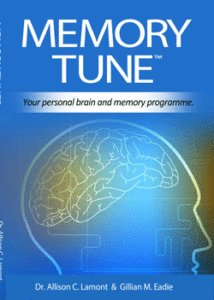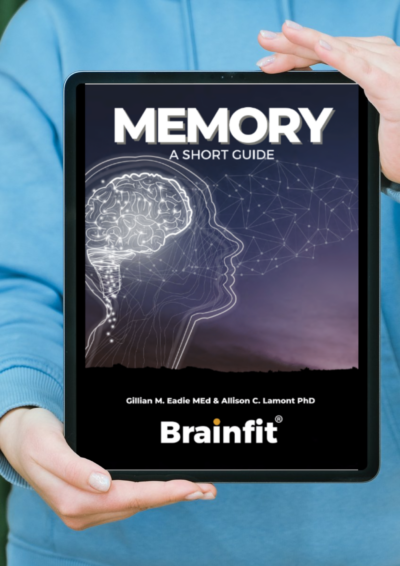Did you know that people who 
- walked backward,
- imagined they were walking backward,
- or even watched a video simulating backward motion
had better short-term recall of past events than those who walked forward or sat still.
(Study reported in the January issue of Cognition)
Why?
‘That’s still something of a mystery’, says Dr. Daniel Schacter, Professor of Psychology at Harvard University. ‘It’s possible that people associate going backward with the past and this somehow triggers a memory response. ‘We know it can’t have anything to do with how they’ve encoded the information, [because] people weren’t walking backward when they stored the memories tested in this study.’
Testing the effects of motion
Researchers tested the effect of backward movement on memory with 114 people who saw a video of a staged crime, a word list, or a group of images and were then asked 20 questions. They then asked the participants to walk forward, walk backward, sit still, watch a video that simulated forward or backward motion, or imagine walking forward or backward. The participants then answered questions related to the information they saw earlier.
They found that people who walked backward were significantly more likely to answer more questions correctly, regardless of how old they were or other factors. On average, the boost in memory lasted for 10 minutes after people stopped moving.
The findings suggest that this motion strategy might be a means of helping people better recall past events.
Improving memory recall
Dr. Schacter says backward motion could one day be added to existing techniques already in use to boost memory. One such method is called a cognitive interview. (A technique that helps people to recall details of a recent event by metaphorically walking the person through the event forward and backward.) It’s possible that literally walking backward may do something similar in the brain, he says.
The study authors said that future research will look at whether motion-based memory aids could help elderly adults or people with dementia.
Will walking backward help boost your short-term memory?
“This study would suggest that there are some circumstances where this might be the case,” says Dr. Schacter. “It may be worth trying.”
(Adapted from Harvard Health, April, 2019)
Find out much, much more about improving your memory. Memory Tune is your step-by-step guide to how your brain works along with strategies for new brain habits to sharpen your brain and memory performance.
Based on the research of Dr Allison Lamont, PhD.
Do you have a story to share? Do tell us below.






Looking forward to keeping brain working well. Now in mid 70’s!
What about travelling backwards – as in a bus or train where the seats are forward and backwards facing? Will this improve memory?
What an interesting question, Alison. Walking backwards requires a lot of brain processing. Walking forward is almost an automatic process and we effortlessly balance, we can see where we are going, and we do it all the time. Walking backward is entirely different! We are more careful, have to think about where we put our feet, our other senses are on the alert because we have to rely on them more when we can’t see where we are going so easily. This requires activity in many parts of our brain and I expect this makes the perception/thinking/remembering/action all tie together to make stronger, durable memory traces. We have to really concentrate on walking backwards and we definitely know that focus and attention are key to remembering at all. I don’t think that just sitting moving backwards would have the same sort of effect because it is passive and doesn’t require such brain activity, but maybe someone will research that following the discovery that walking backwards can aid memory.